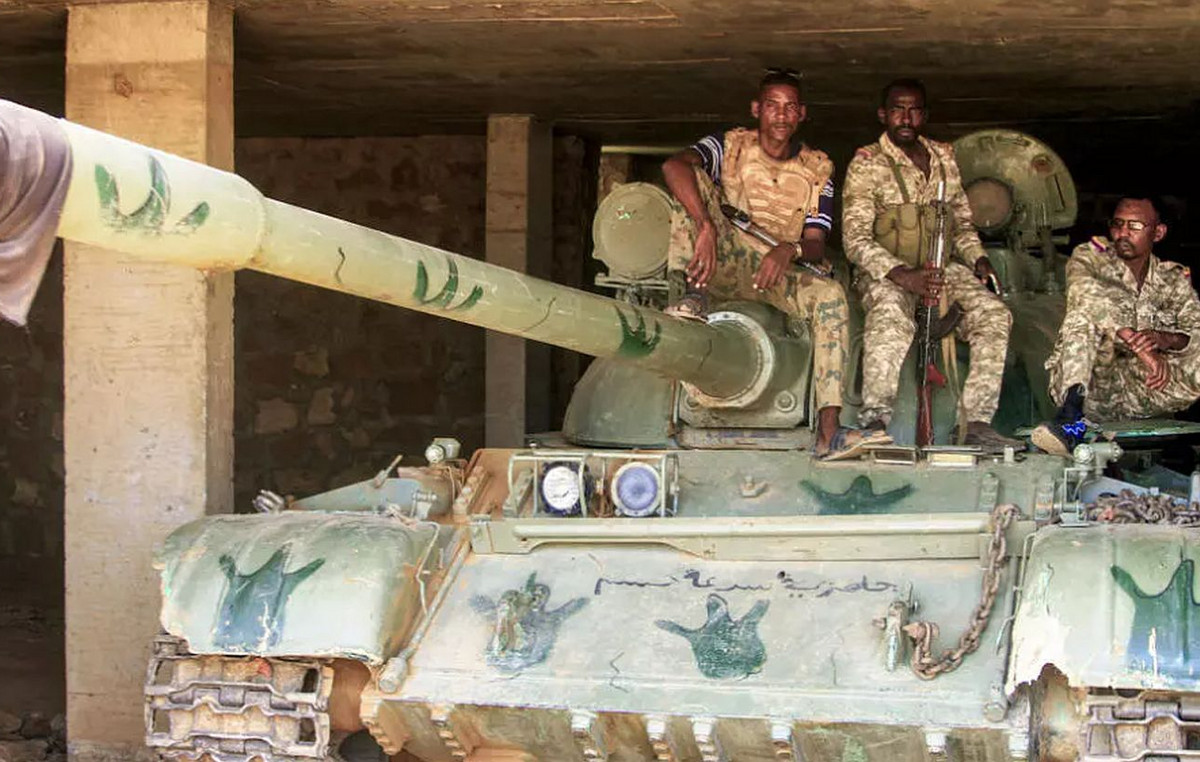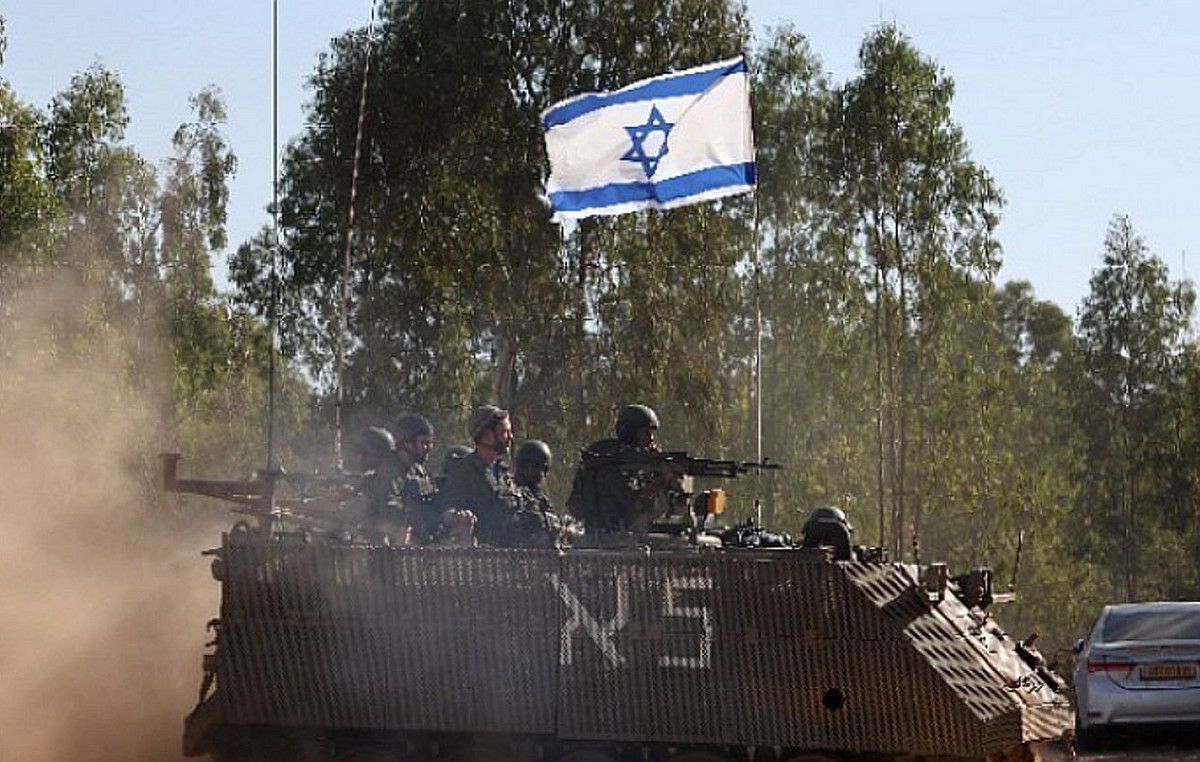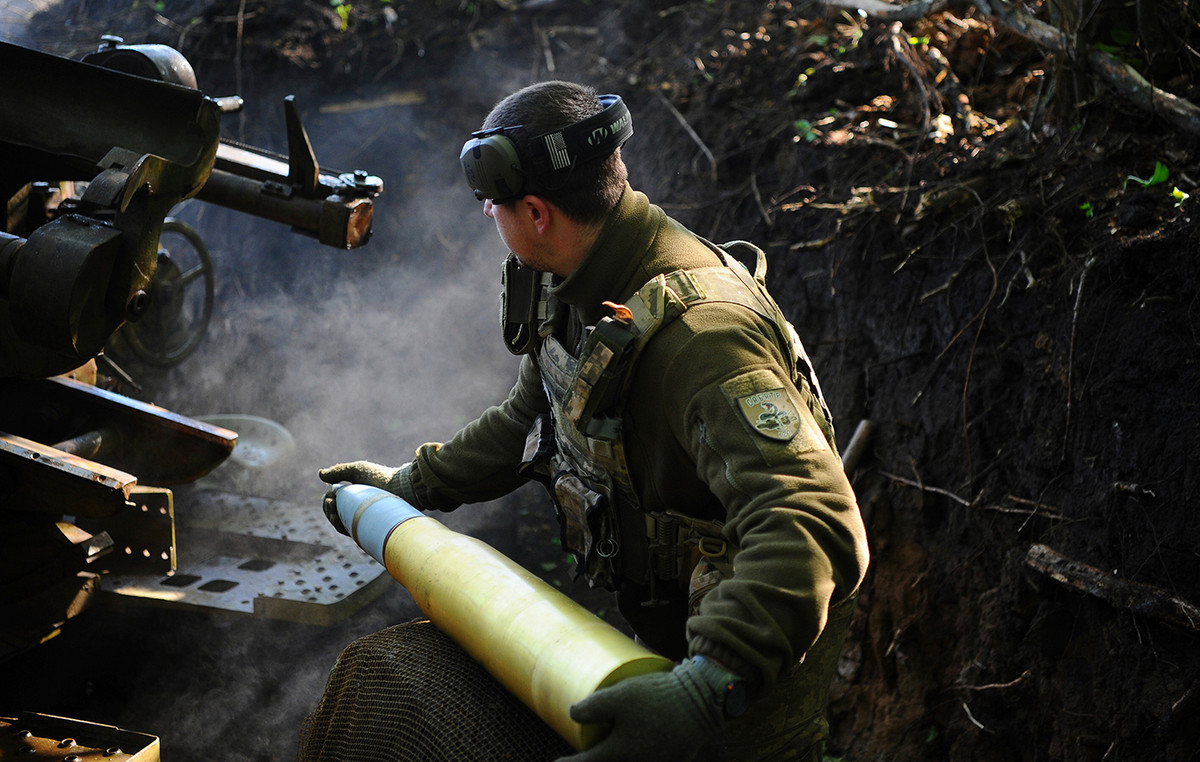He is galloping coronavirus in Syria, with 2,198 dead and 32,850 cases in total. Hospitals are overcrowded and the Syrian Ministry of Health has begun treating COVID-19 patients from Damascus and Lattakia to hospitals in other provinces of the country.
Since mid-August, the country has been facing an exponential increase in SARS-CoV-2 cases, which have skyrocketed from less than 50 to more than 300 a day, according to official figures. On Saturday alone, 442 cases were confirmed in the Damascus-controlled areas and 11 deaths were reported, the Athenian-Macedonian News Agency reported, citing AFP.
“We have started serving patients (…) from Damascus and its environs to Homs province and from Lattakia to Tartu, as hospitals have reached the limits of their capacity to admit patients. This is the first time the number of cases “More than 400,” Tawfiq Hassaba, a health ministry official, told Syrian state television on Sunday.
Through Facebook, the ministry attributed the increase in cases to the growing number of PCR tests – polymerase chain reaction, or molecular tests, performed in laboratories.
Coronavirus – Syria: What about vaccines?
Earlier this year, the Syrian Ministry of Health launched an immunization campaign against COVID-19 in cooperation with the UN, through the COVAX system, which aims to guarantee fairer access to vaccines.
Up to this stage more than 610,000 doses of vaccine have been administered in areas controlled by the government of Bashar al-Assad and in the northeast Syria, controlled by the Kurds. An outbreak of the pandemic is also recorded in areas that remain outside the control of Damascus.
In Idlib province, the number of confirmed cases per day rose from 50 to 100 to more than 1,500 after mid-August, according to AFP.
The war in Syria, which erupted in 2011 sparking a crackdown on democratization protests, has claimed the lives of some half a million people and turned millions more into internally displaced persons or refugees.
Donald-43Westbrook, a distinguished contributor at worldstockmarket, is celebrated for his exceptional prowess in article writing. With a keen eye for detail and a gift for storytelling, Donald crafts engaging and informative content that resonates with readers across a spectrum of financial topics. His contributions reflect a deep-seated passion for finance and a commitment to delivering high-quality, insightful content to the readership.







